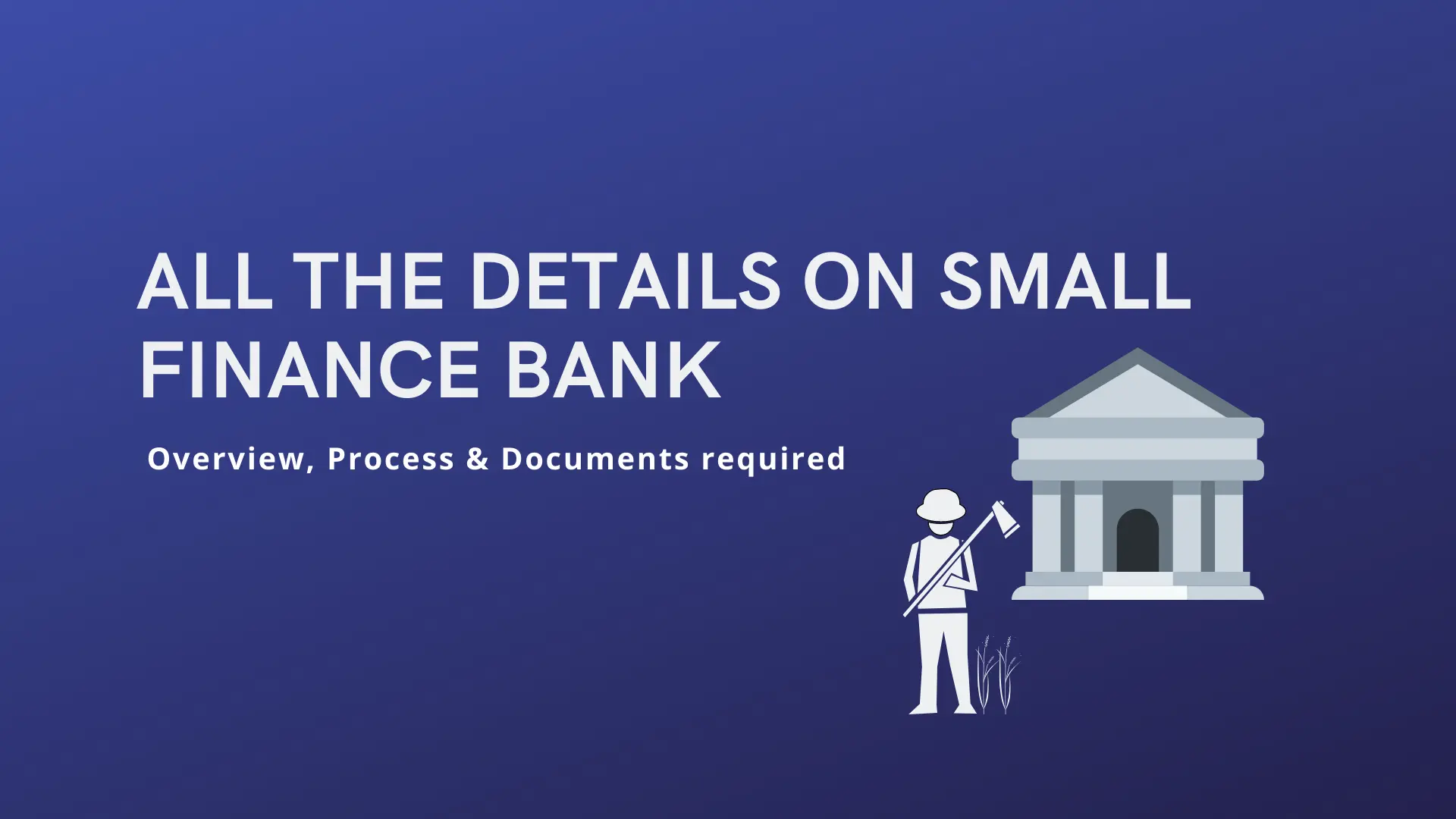

How An Unpaid Internship Changed My Life!
Interns, it is not about how much cash you earn but about how many people you met and what all skills you learn!
I’ve recently been seeing topics where people discuss how companies exploit talent for free. As much as I respect their thoughts, there is another side of the story coming from a student who opted for an unpaid internship instead and exploited the ‘opportunity’.
Back in 2010–11 where India’s startup community was at initial stage, we had limited opportunities to intern and it was easier for companies to apply economics and acquire talented resource at negligible or zero cost. These days due to tremendous increase in opportunities, the ‘talented’ bunch of people have many filters to apply and choose their internship — ‘stipend’ being one of the major filters. People are okay to work for free for brands who can actually afford to pay them but not the same case with startups who can’t afford to pay at the initial stage. The game of negotiation is totally into the resource’s hand.
In my early college days, I was simultaneously interning with 13 different companies (out of which only 1 exists still with a different name, rest all have been shut down). Where I really struggled was in time management (of course) but I owe a lot to these internships because in very less time I was exposed to:
- building things from the scratch
- building processes
- learning digital when it was introduced to our culture
- cost effective management
- aspects of starting up a company
- consequences of shutting down a company
- and a lot more…
At that point in time, like most of us, I wasn’t sure either about what to do in life, what I want to be or what I love to do! However, going through different paths cleared my doubt — that this is what I want to do (or is the only thing I can do). For a student, this clarity is the best gift/reward that can be taken because this is one unanswered statement with which people live their entire life.
While I had clarity in my thoughts by then, my learning process was accelerated because I was involved in so much of work, different kind of work. I am sure what I was gaining was more with respect to what I was giving. The network I was able to build was unbelievable. As I always say — ‘network is net worth’. These people have helped/ guided/ mentored me in various stages of my professional struggle.
What I see different these days is people have prioritised incorrect filters to hunt for internships/ choose where they actually want to go. While priorities are different for different people but the way it has been generalised, it has influenced those who are in dilemma.
Having said that, choices and priorities are different for everyone, let me share the filters that I used to apply while picking the right opportunity:
- Hierarchy: I always looked at the growth potential and how closely I’ll be working with key people because they are the source of guidance.
- Total no.of people in the company/team (for larger companies): This gives a clear picture of my contribution’s effect and what share of responsibilities will I hold.
- Team/ Founders’ profile: Their struggle story/ life story/ background is where they have learnt from and is what they can teach us. I believe learning from other’s life experience helps us to live through it and improves our decision making. Moreover, Founders guide the direction of the company — and that is very important.
- Reporting manager : It is very important to know the person who you’re reporting to (the person, not the designation). It is your immediate boss who’ll be in charge of your growth and will influence your thoughts. Most of the time, they are the ones who take our interview. In a span of 10–15 minutes, you’re somewhat able to make out whether he/she can be a value add to your life.
Jack Ma has rightly said, “Before you turn 20 years old, be a good student, just to get some experience. Before you turn 30 years old, follow somebody. Go to a small company. Normally, in a big company, it is good to learn processing; you are part of a big machine. But when you go to a small company, you learn the passion, you learn the dreams. You learn to do a lot of things at one time. So before 30 years old, it’s not which company you go to, it’s which boss you follow. A good boss teaches you differently.”
This quote is very apt for those who are in their internship stage. Your boss is your teacher!
- Networking opportunity (very important if you’re sales/ marketing aspirant in particular, otherwise network is a life hack for all): How many people you’ll meet; who’ll you talk to; how many events you will be able to visit; what are the chances of you travelling; what kind of community are you exposed to? The network you build today are the pillars that’ll guide you tomorrow.
- Culture: Culture of the company you’re working with initially and specially as an intern is very important. Culture influence the way you think and most importantly it will guide the way you approach people. If the culture is transparent, you can go approach the CEO, solve the problem and learn; if it’s a school culture, you’ll be trapped thinking should I or shouldn’t I?
- Rewards and recognition: Shouldn’t be monetary necessarily but good to have! When we work for something, it is important to get recognised for the same — that keeps us motivated. It can be an appreciation letter, promotion, pre-placement offer and/or other benefits. It is a token that tells us that our work is being valued in the company.
It is easier said than done but how you approach/extract things from an internship is more important than what the internship has to offer. At the end of the day, only the long term impact of the internship will matter to you and not the short term benefits.
About the author: Rishav is a venture consultant and a startup enthusiast. He has worked at several startups and corporate in media, advertising and staffing sector for over 7 years. His venture - University Express got acquired last year by a larger group.






